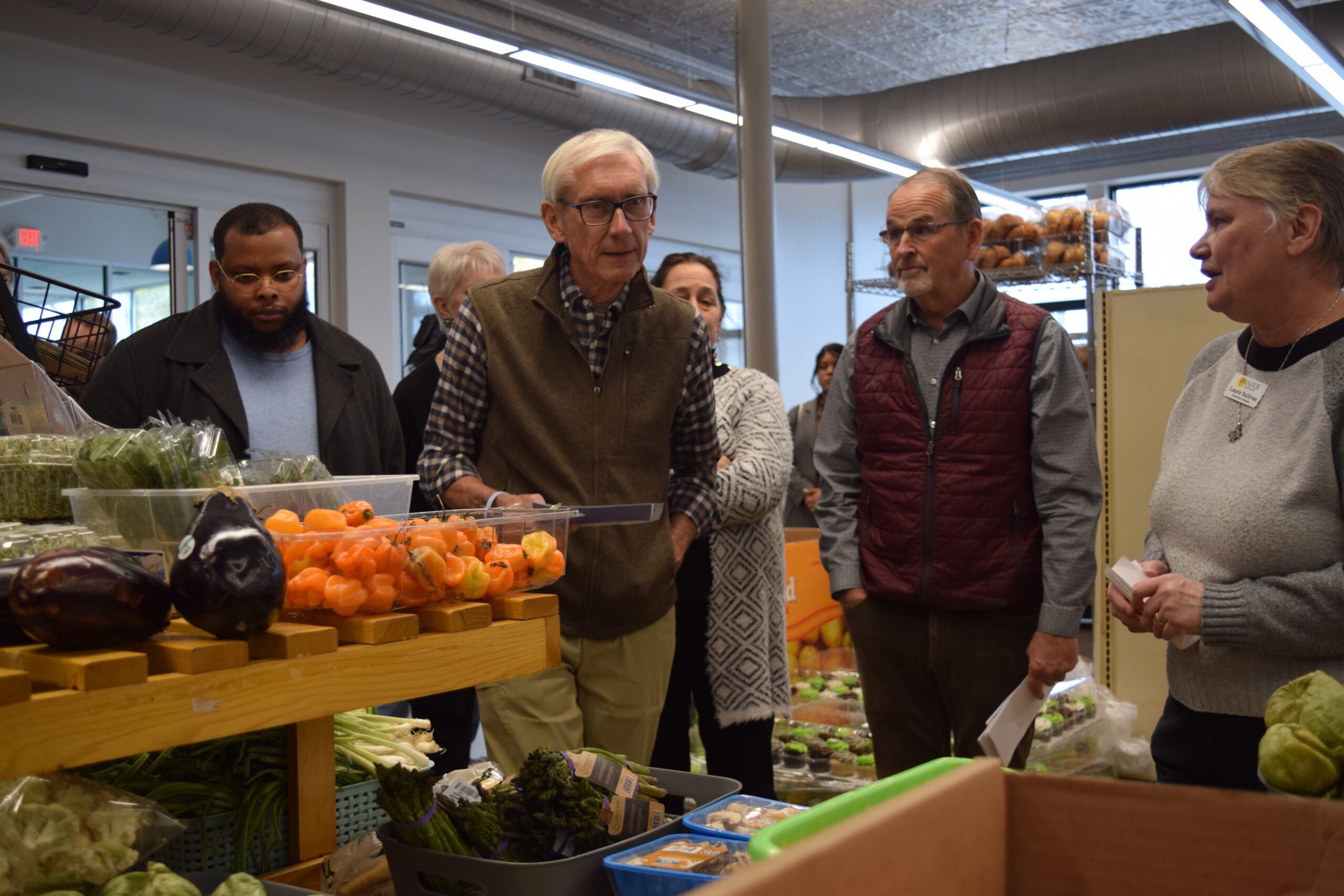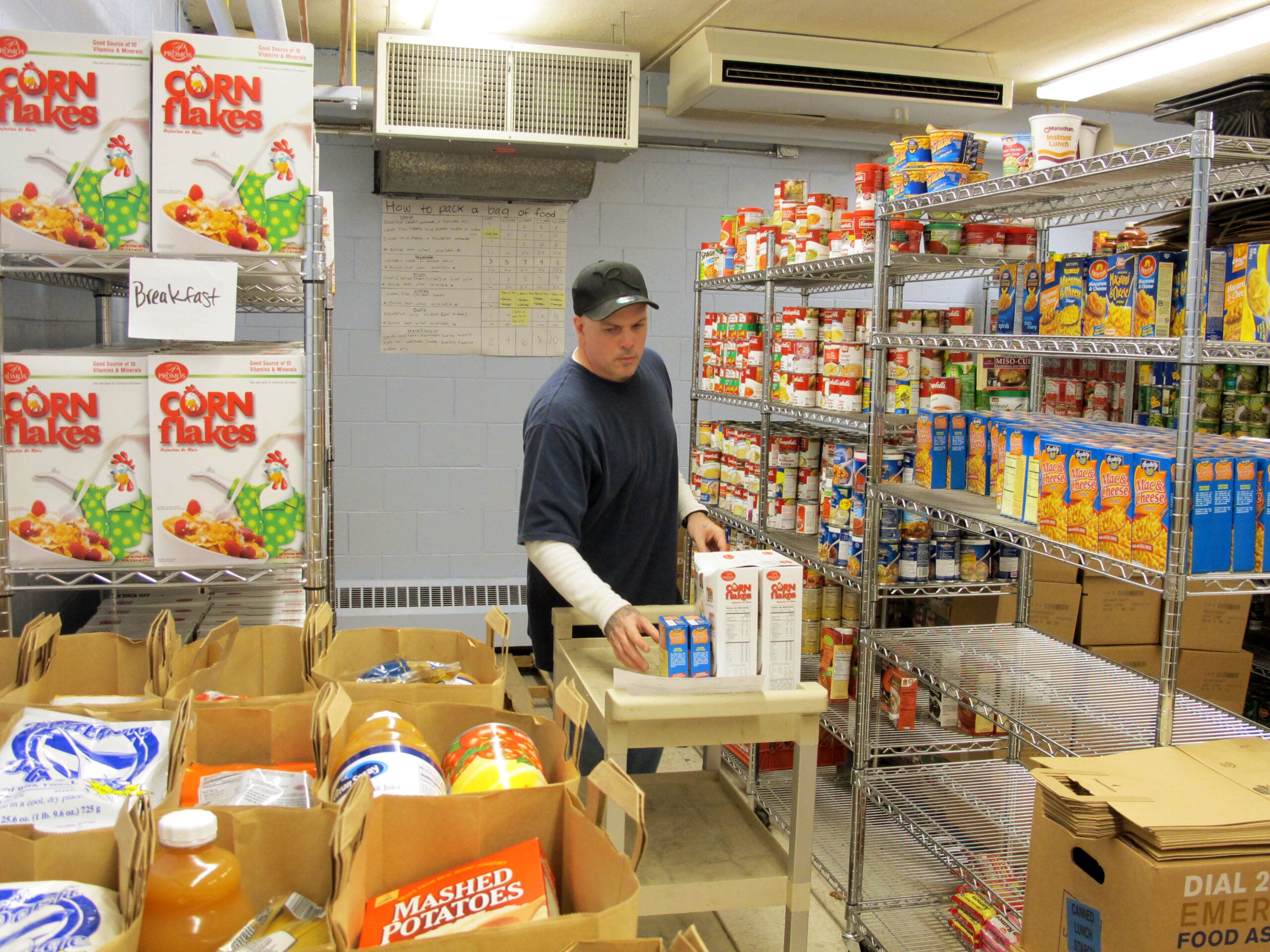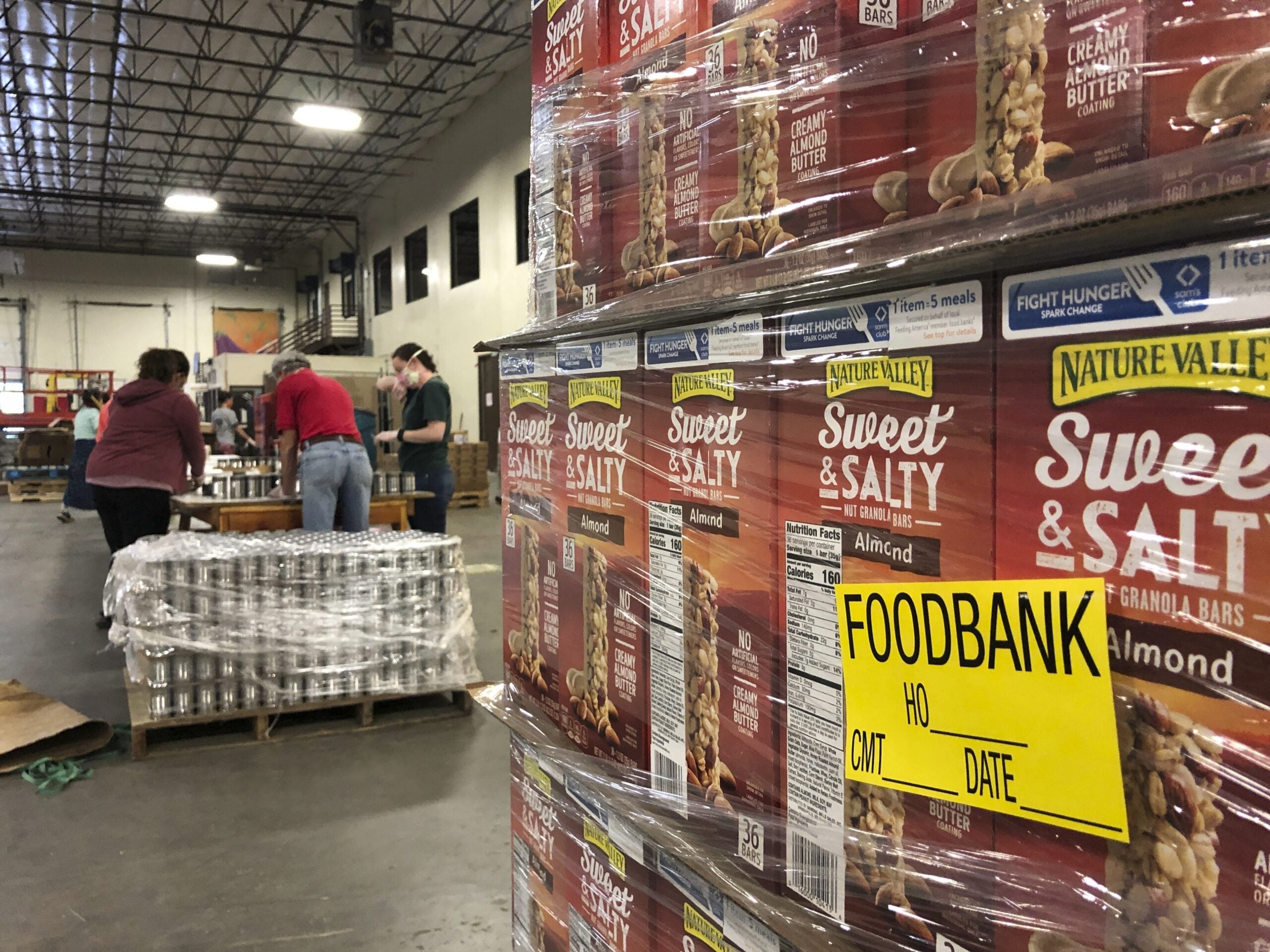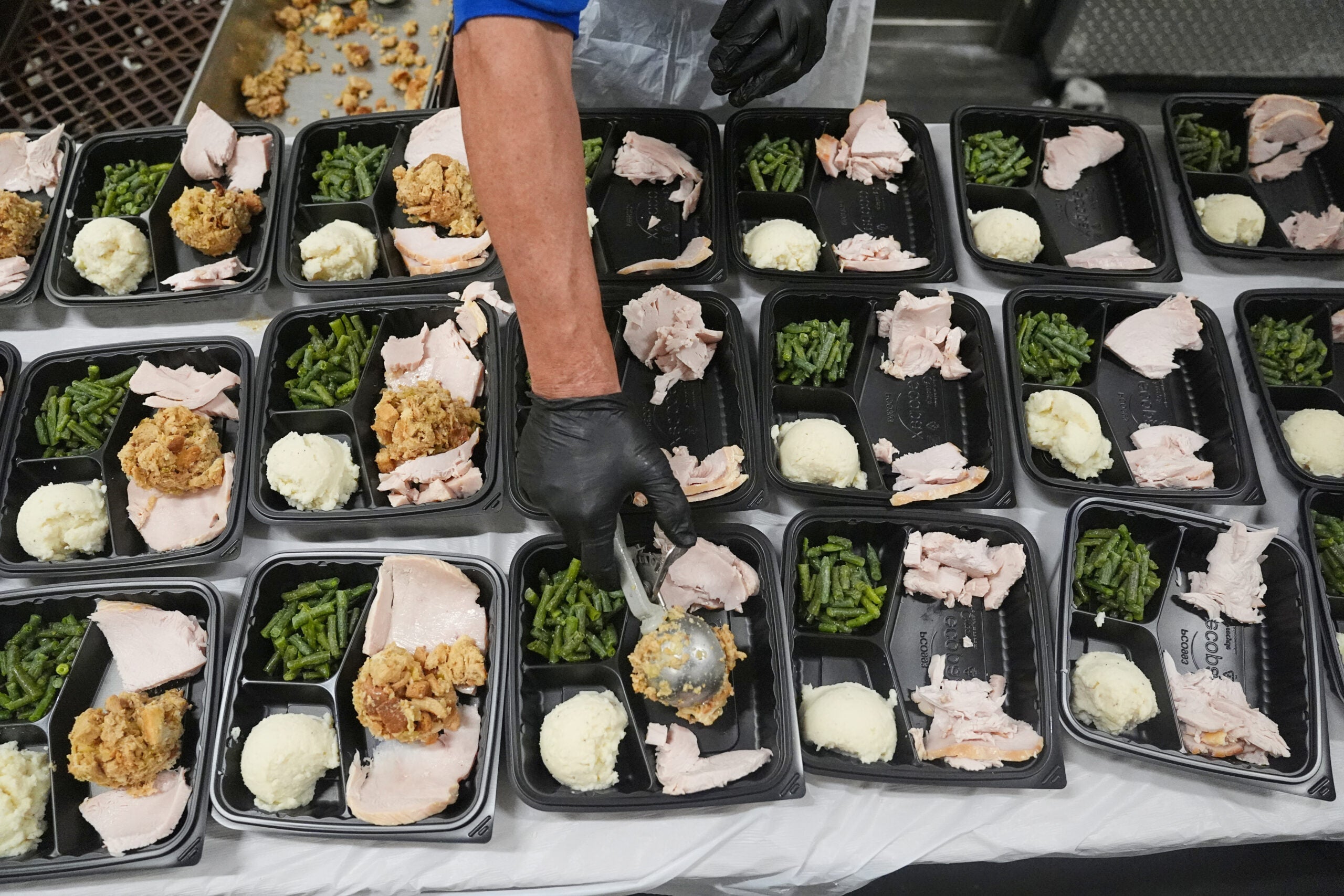Gov. Tony Evers has directed state health officials to issue a stay-at-home order for Wisconsin prohibiting non-essential travel, with some exceptions, amid the continued spread of COVID-19 in the state.
The order, issued Tuesday morning by the state Department of Health Services at the direction of the governor, will go into effect at 8 a.m. on Wednesday, March 25, and remain in effect until April 24, unless another order is made in the interim.
Under the order, people don’t need permission to leave their homes, but are only allowed to do so for specific things, like going to the grocery store or to the doctor. People will be allowed to exercise outside, but are required to keep six feet between themselves and others, unless they live with the person. Group sports, like basketball, soccer and ultimate frisbee, are banned. Playgrounds are also closed.
News with a little more humanity
WPR’s “Wisconsin Today” newsletter keeps you connected to the state you love without feeling overwhelmed. No paywall. No agenda. No corporate filter.
Essential businesses and operations, like hospitals, grocery stores, hardware stores and pharmacies, are allowed to continue operations and don’t need any special certification to do so.
The governor had previously said such an order wouldn’t be necessary in Wisconsin, but now says it’s essential to preserving the health and safety of Wisconsin residents.
“At the end of the day, folks, we are all in this together, and during the most difficult times we are called upon to remember our Wisconsin values of kindness, compassion, empathy, and respect,” Evers said, appealing to the public on a Tuesday afternoon call with reporters. “I’m going to continue to ask for your help, not only to remember these values but to do your part to keep our friends and our family and, frankly, most importantly our health care workers in communities, safe.”
“Unfortunately, that means no potlucks, no play dates and no dinner parties,” he said.
The order allows residents to:
- Perform tasks essential to maintain health and safety, such as obtaining medicine or seeing a doctor
- Get necessary services or supplies for themselves or their family or household members, such as getting food and supplies, pet food and supplies necessary for staying at home
- Care for a family member in another household
- Care for older adults, minors, dependents, people with disabilities or other vulnerable persons
Essential businesses and operations allowed to stay open during the lockdown include:
- Health care operations, including home health workers
- Critical infrastructure
- Businesses that provide food, shelter, social services, and other necessities of life for economically disadvantaged or otherwise vulnerable individuals
- Fresh and non-perishable food retailers, including convenience stores, grocery stores, farmers’ markets and food banks
- Businesses that ship or deliver groceries, food and goods directly to residences
- Pharmacies, health care supply stores and health care facilities
- Child care facilities, with some limitations
- Gas stations and auto repair facilities
- Banks
- Laundry businesses, dry cleaners and services necessary for maintaining the safety, sanitation and essential operation of a residence, including garbage collection
- Hardware stores, plumbers and electricians
- Educational institutions, for the purposes of facilitating distance learning
- Roles required for any business to maintain minimum basic operations, which includes security and payroll
- Law and safety, and essential government functions will continue under the recommended action
Penalties for not complying with the order include a $250 fine or up to 30 days in jail.
During the Tuesday press briefing, Department of Health Services Secretary Andrea Palm said people should limit their contact to five individuals for the duration of the order — not five individuals at a time, but five individuals total.
“We need you to be in physical contact with as few people as possible,” Palm said.
On Monday, GOP leaders criticized the governor for announcing a stay-at-home order was forthcoming, but not providing specifics.
Republican Party of Wisconsin chair Andrew Hitt continued to criticize the governor on Tuesday.
“Gov. Tony Evers has caused mass confusion for people and businesses across Wisconsin,” Hitt said. “Yesterday, he chose to announce his forthcoming shelter in place order on Twitter, sat silent for nearly 24 hours, and then released a 16-page order that exposes violators to up to 30 days of imprisonment.”
Republican leaders have also opposed a stay-at-home order, saying it would hurt businesses across the state. Evers on Tuesday acknowledged the negative effects of his order on businesses, particularly small businesses, but said he had to weigh those against community health needs.
“Obviously, we want a strong economy — who the hell doesn’t — but the fact of the matter is we have to value human life at some point at a higher level,” he said.
The administration’s order comes as more cases of COVID-19 have been confirmed in Wisconsin. As of Tuesday afternoon, there were 457 confirmed cases in the state.
Wisconsin Public Radio, © Copyright 2025, Board of Regents of the University of Wisconsin System and Wisconsin Educational Communications Board.







